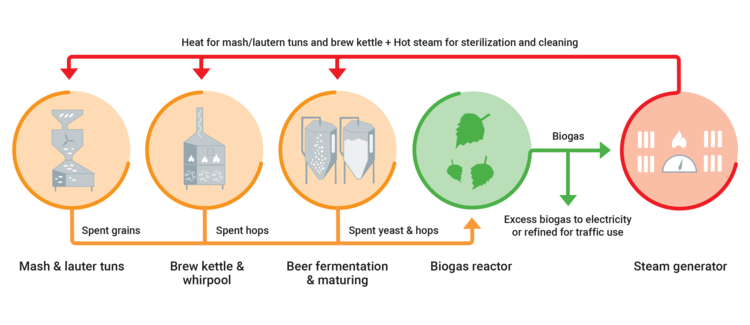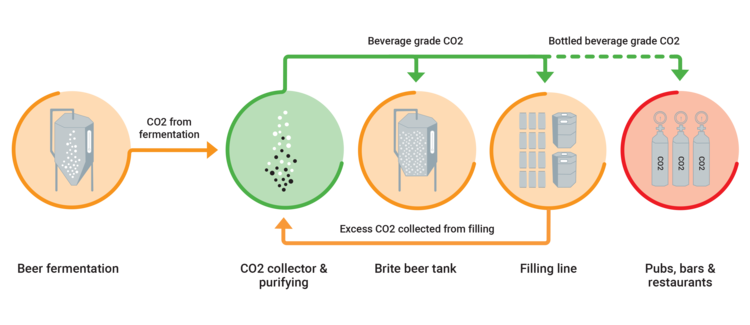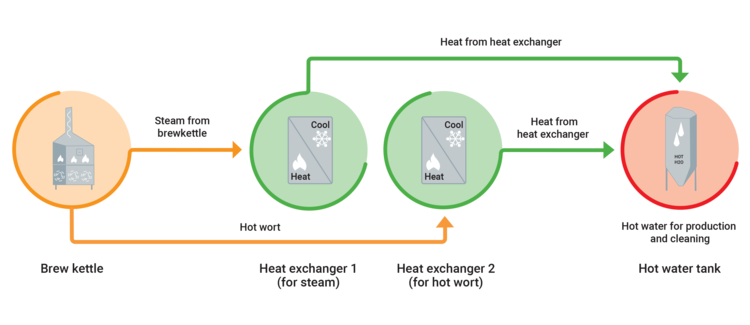The Finnish startup Everyman’s Right Brewery is passionate about both beer and the environment. That’s why its nascent production plans include using 100-percent renewable energy sources.
A carbon footprint study conducted by LCA Consulting Oy, a lifecycle assessment company based in Finland, confirmed that the brewery’s production plans will start Everyman’s Right at carbon neutral status, with the opportunity to improve and become carbon negative as it ramps up. The initial production level is estimated at 1 million liters. If it succeeds in expanding, Everyman’s Right Brewery contends that it will be the first carbon-negative brewery in the world.
Everyman’s Right Brewery contends that it will be the first carbon-negative brewery in the world.
As a part of the brewery’s commitment to the environment, Everyman’s Right will recycle spent grains and produce its own biogas, which is formed from the breakdown of organic material. This fuel will provide energy to sustain the beer’s production. In the result of excess biogas, it can be used to generate electricity or be further refined for other applications.
The brewery will also collect and purify carbon dioxide, then recycle it into production. Excess carbon dioxide can be pressurized and sold to third parties. Finally, the brewery plans to use green electricity from solar fields and use heat recovery systems. All of these items add up to one extremely energy-conscious brewery.
Everyman’s Right Brewery co-founder and head brewer Jussi Hukkanen has economic reasons for this ambitious goal, in addition to just being a concerned global citizen. “Consumers’ interest in craft beer has been growing for years. And around the world, they are asking more questions about the products they consume, about how they are made and how sustainable they are,” says Hukkanen. “Our target is to export our beer globally, so differentiating from the competition is very important for us. If we can also influence climate change at the same time, everyone wins.”
Hukkanen hopes his brewery will serve as an example, setting a trend toward a more climate-friendly and sustainable brewing industry. He is joined by Antti Suikkari and Keijo Kemppainen, a team with experience in brewing, but also importing and distributing alcoholic beverages, industrial-scale production, and marketing.
Everyman’s Right Brewery is just getting started and is soliciting initial investments via crowdfunding with a minimal goal of raising 480,000 euros ($565,101). If you’d like to learn more about how you can be involved, find out more at the brewery’s Funded by Me page.






